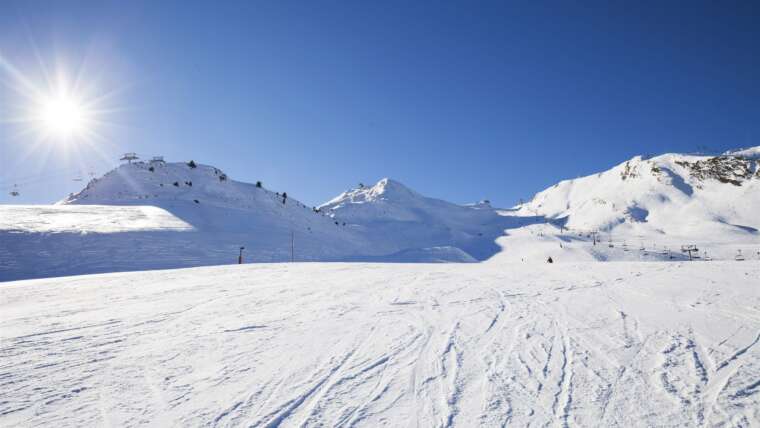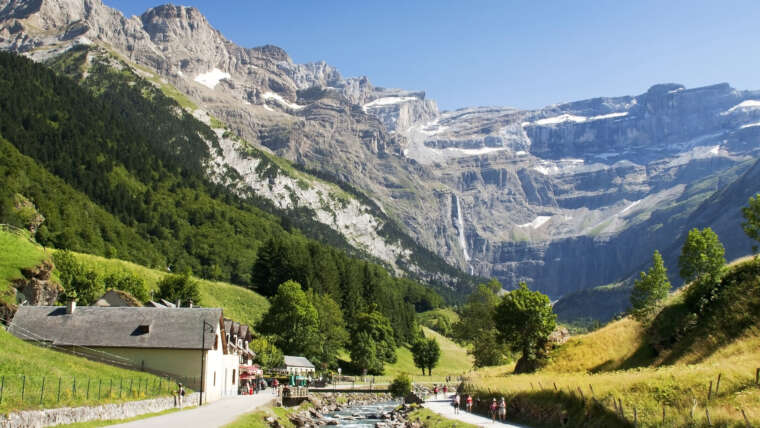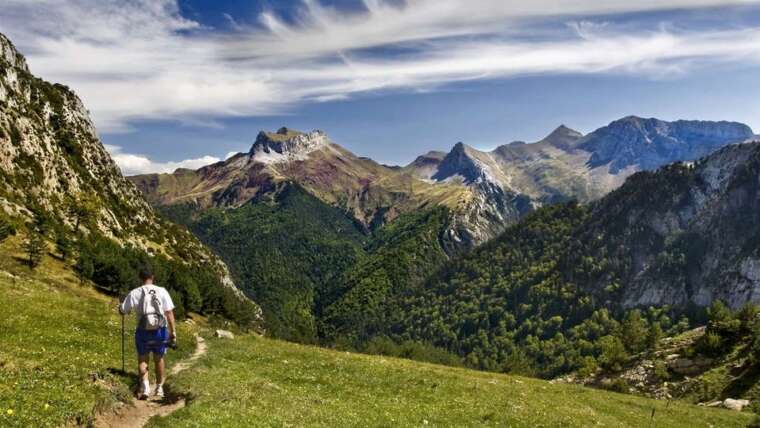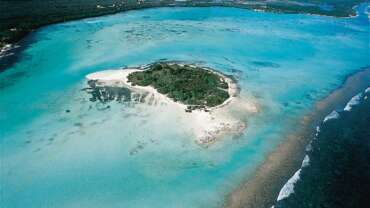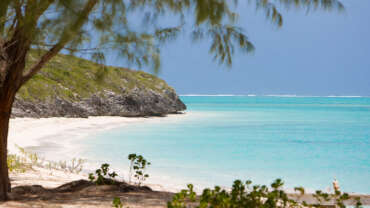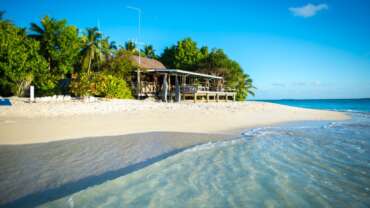Andorra - The Pyrenean Country
Andorra, small independent European coprincipality situated among the southern peaks of the Pyrenees Mountains and bounded by France to the north and east and by Spain to the south and west. It is one of the smallest states in Europe. The capital is Andorra la Vella.
Andorra is a tiny, independent principality situated between France and Spain in the Pyrenees mountains. It’s known for its ski resorts and a tax-haven status that encourages duty-free shopping. Capital Andorra la Vella has boutiques and jewelers on Meritxell Avenue and several shopping centers. The old quarter, Barri Antic, houses Romanesque Santa Coloma Church, with a circular bell tower.
History of Andorra
Andorra’s independence is traditionally ascribed to Charlemagne, who recovered the region from the Muslims in 803, and to his son Louis I (the Pious), who granted the inhabitants a charter of liberties. Charlemagne’s grandson, Charles II, granted Andorra to the counts of Urgel, from whom it passed to the bishops of Urgel. Andorra’s dual allegiance to two princes, one in Spain and one in France, originated in the late 13th century in a proprietary quarrel between the Spanish bishops of Urgel and the French heirs to the countship of Urgel. Andorra was subsequently governed jointly by representatives of the Spanish bishop of Urgel and of the French head of state, each of whom received an annual payment of a token tribute. This feudal system of government remained intact until 1993, when a constitution was adopted that greatly reduced the power of the coprinces and established separate executive, legislative, and judicial branches of government. Andorra subsequently joined the United Nations (1993) and the Council of Europe (1994).
Geography of Andorra
Andorra consists of a cluster of mountain valleys whose streams unite to form the Valira River. Two of these streams, the Madriu and the Perafita, flow into the Madriu-Perafita-Claror valley, which occupies about one-tenth of Andorra’s land area and is characterized by glacial landscapes, steep valleys, and open pastures. The valley was designated a UNESCO World Heritage site in 2004.
Andorra has traditionally had a strong affinity with the region of Catalonia in northern Spain. Andorra’s official language is Catalan (Spanish and French are also spoken); its institutions are based in Catalonian law, and a large proportion of the Spanish immigrants (or their descendants) in Andorra are Catalan. Most Andorrans are Roman Catholic; Andorra is part of the diocese of Urgel. Almost nine-tenths of the population is classified as urban, and half of residents are foreign nationals, mainly from Spain, France, and Portugal.
With only a tiny proportion of Andorra’s land cultivable, the traditional economy centred on the pasturing of sheep and the harvesting of modest quantities of tobacco, rye, wheat, olives, grapes, and potatoes. Industry was limited to processing these products and to handicrafts. Because of the lack of customs duties and low or nonexistent taxes, Andorra has become an important international centre of retail trade that has attracted millions of shoppers from all over Europe with its duty-free imported consumer goods, including alcoholic beverages, electronic devices, tobacco, and clothing. Tourism is another of Andorra’s leading industries, and the area has excellent opportunities for winter sports. The construction industry flourished in response to the increase in tourism. The banking sector is also economically significant.
Although not a member of the European Union, Andorra has used the euro as its de facto primary currency since 2002. In July 2011 Andorra concluded a monetary agreement with the EU that made the euro its official currency, although the Andorran government was not granted the power to issue its own euro banknotes. No railway system exists, but good roads link Andorra with France and Spain, and the principality is served by a small airport in Seo de Urgel, Spain. The University of Andorra was established in 1997; it has faculties in nursing, computer studies, and virtual studies and continuing education. Virtually all Andorrans are literate.
Shopping in Andorra
SHOPPING IS A WONDERFUL PERK FOR OUR VISITORS
Browsing shops in Andorra is one of our country’s great activities, both for Andorrans and visiting tourists alike. The variety of shops and shopping centres allows any customer find what they are looking for, be it fashion, accessories, perfumeries, electronics, sports, opticians and so much more. And all shops stock world-leading brands. Furthermore, the Principality has a low taxation policy reflected by its prices: products on sale in our country are significantly cheaper than in neighbouring France and Spain.
However, although Andorra adopted the euro as its currency in 2014, it should be noted that we are not a member of the European Union. Therefore, the number of products you can take across the border on your trip home is limited. This is known as a duty-free and on this page you can find further information.
CONSUMER RIGHTS IN ANDORRA
To ensure an optimal shopping experience, the Principality has opened the Consumer Advice Service. Their mission is to defend and protect the rights of consumers and users, which is one of the priorities associated with ensuring good operation of Andorra’s business sector.
This entity offers flexible, effective mechanisms that provide a quick and suitable response to your needs as a consumer or user.
BORDERS, CUSTOMS AND TIMETABLES
What are customs exemptions?
Customs exemptions establish the maximum number of products that travellers can cross the border with on the way back to their country without having to declare them or pay customs duties. The limitations applied to certain products (coffee, alcohol, tobacco and similar types of goods) are established in terms of the number of goods, while the limitations affecting other products (milk, butter, cheese, sweets, etc.) are based on their value or bulk. Customs exemptions for all industrial products, excluding perfume and cologne, are based on their monetary value (in euros).
Unless specified otherwise, customs exemptions are only applicable to persons of legal age. The value of the products purchased in Andorra is not accumulative and cannot be split among travellers. Distinctions are not made between agricultural and industrial products.
For further information on customs in Andorra and how they work, please visit: www.duana.ad
AGRICULTURAL PRODUCTS
Coffee: 1,000 g of coffee or 400 g of coffee extracts
Tea: 200 g of tea or 80 g of tea extracts
Alcoholic beverages: 1.5 litres of liquors exceeding 22% ABV (38.6 proof, UK) or 3 litres of liquors, aperitifs or sparkling wines under 22% ABV, or 5 litres of table wine (no exemptions applied to travellers aged 17 or less).
Tobacco: 300 cigarettes or 150 cigars (under 3 g per unit); or 75 cigarettes (exceeding 3 g per unit); or 400 g of pipe tobacco (no exemptions applied to travellers aged 17 or less).
Other agricultural products (limitations are based on amount and value): Up to €300 per person (a €150 limitation is applied to travellers aged 15 or younger). Nonetheless, this quantity may never exceed: 2.5 kg of powdered milk, 3 kg of condensed milk, 6 kg of fresh milk, 1 kg of butter, 4 kg of cheese, 5 kg of sugar and sweets and 5 kg of meat.
INDUSTRIAL PRODUCTS
Perfumes: 75 g of perfume + 375 ml of cologne
Other industrial products: Up to €900/person (adults). Up to €450/person (travellers aged 15 or less).
Let your mind go break
The wellness centres and spas here offer a wide range of treatments, massages and therapies to help you relax, take care of your body and enjoy a well-deserved break.
What are you in the mood to try? The delicacy of pearls, the hydrating properties of argan oil, the warmth of hot stones, the aromas of wine, the sweetness of chocolate… All your dreams can come true here in Andorra. You will find spas and wellness centres all around the country in Andorra la Vella, Escaldes-Engordany, Ordino, La Massana, Canillo and Encamp.
There’s nothing like a treatment to help you relax after a day of sport, leisure or shopping. Many hotels have their own spas and provide treatments in the comfort of your own room. Massages and treatments to suit all tastes are available: for adults, couples, kids, pregnant women and for body and face. They can focus on a particular area or cover the whole body, be water-based or use natural products or innovative cosmetics.
There is also a wealth of different treatments available. You can enjoy traditional and exotic treatments, ayurvedic rituals, argan rituals, aromatherapy, peels and vinotherapy. Get ready to give your skin the radiance and firmness it deserves.




